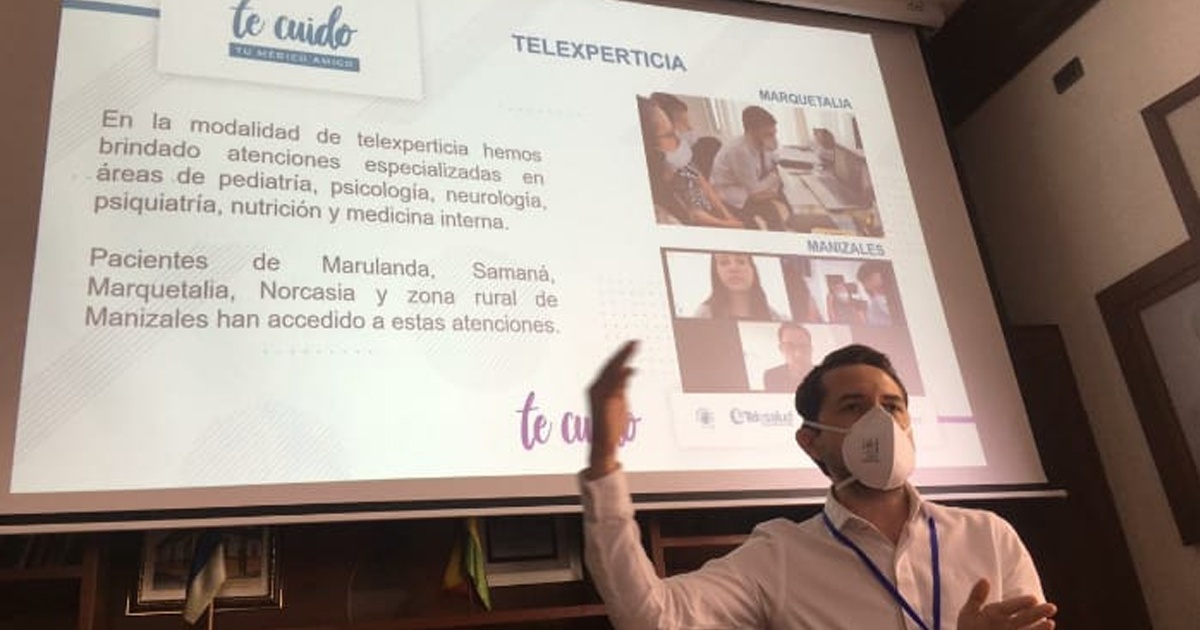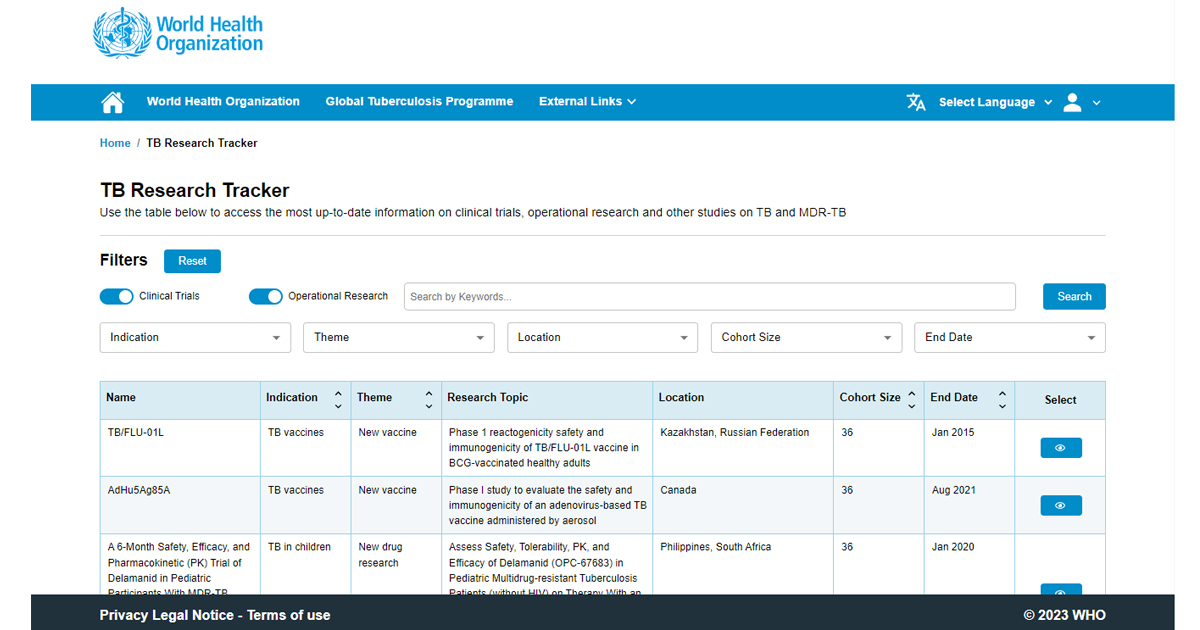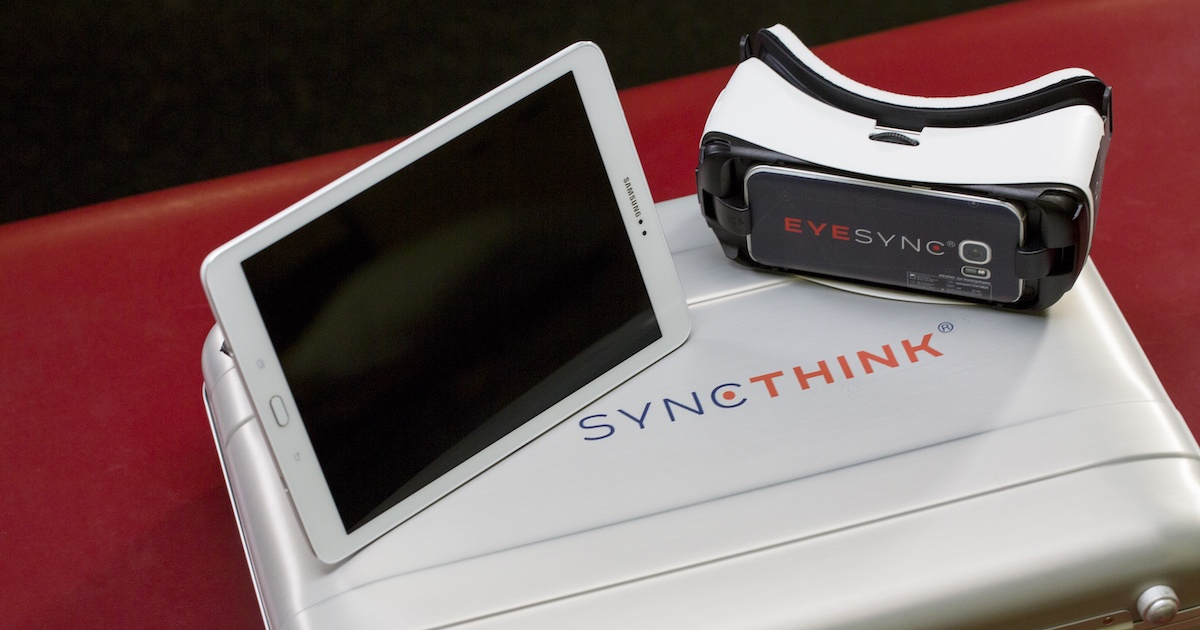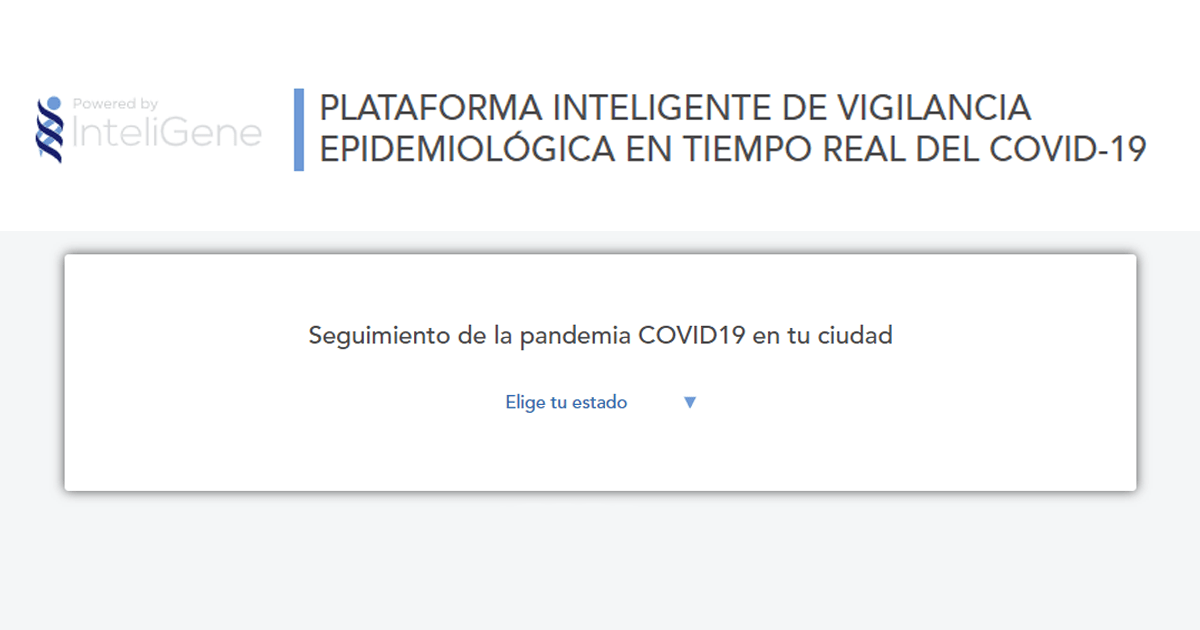A team from the Electronic Design Laboratory of the Center for Research and Advanced Studies of the National Polytechnic Institute (Cinvestav) Guadalajara Unit, developed an Artificial Intelligence (AI) model for early detection of diabetic retinopathy.
Retinopathy is one of the most common affections among people living with diabetes mellitus, which can cause loss of sight and even blindness. That is why prevention and early detection is of vital importance so that patients living with diabetes do not see their quality of life affected.
In this way, a multidisciplinary team from the Electronic Design Laboratory of the Cinvestav Unidad Guadalajara has developed an AI model to carry out a systematic screening for diabetic retinopathy. In this sense, through a telemedicine connection, professionals could carry out an evaluation of this condition.
Gaspar González Briceño, doctoral student in the Electronic Design laboratory, is part of this project and explained the following about the importance of AI in the detection of diseases: “The systematic screening of diabetic retinopathy represents a benefit in the early detection and Timely treatment of this eye condition, and together with the assistance of technologies such as AI and telemedicine, have been shown to be effective for the timely referral of the patient to an ophthalmologist.”
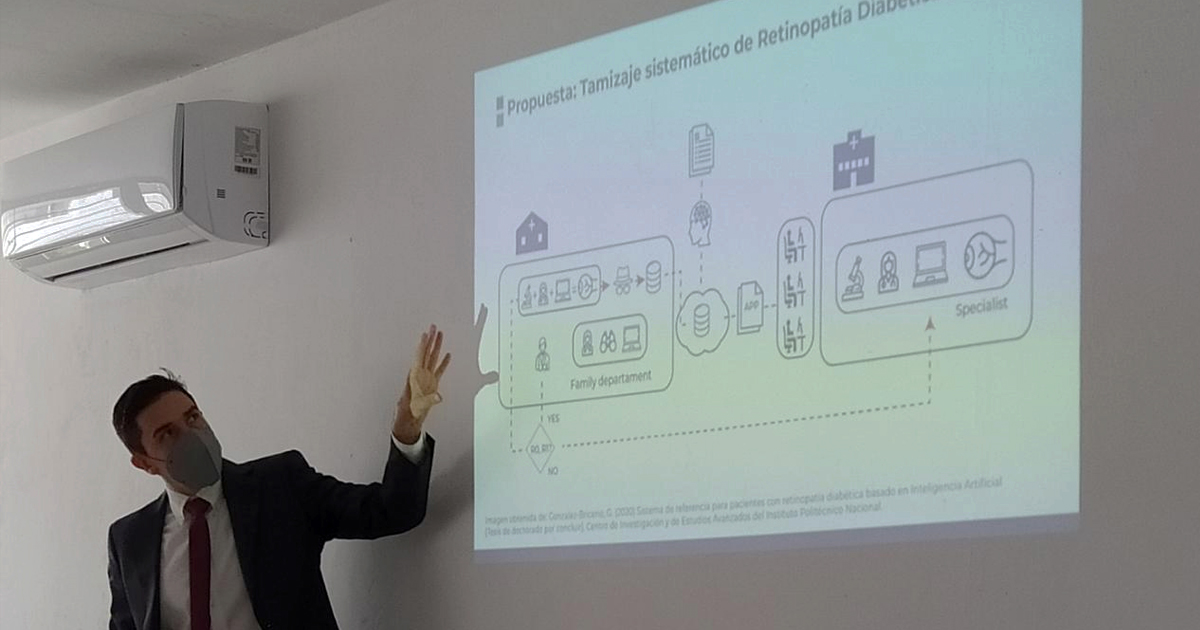
AI speeds up the process of classifying fundus photographs taken from retinopathy screening, even achieving better than or equal to performance by trained medical personnel. "Given that convolutional neural networks show good performance in pattern recognition, we have chosen to use this technology, which can help in the early detection of retinopathy, in combination with a good clinical screening model," explained González Briceño.
Similarly, the doctoral student explains that diabetic retinopathy care at the first level of health must be a multidisciplinary work that combines various clinical and technical professionals. In addition, added to the development of AI, a solution that is not only effective but innovative can be achieved to reduce people with this condition and avoid more serious effects such as blindness.
The Research Committee of the Jalisco Ministry of Health approved the protocol and the project will be implemented in three health centers in Jalisco, to carry out the research during the next six months.
In addition, for the implementation of the project they joined with the Inter-American Development Bank, the General Coordination of Government Innovation of Jalisco and the Tecnológico de Monterrey Campus Jalisco. It should be noted that these institutions presented last year they developed a similar project, on AI and diabetic retinopathy.


